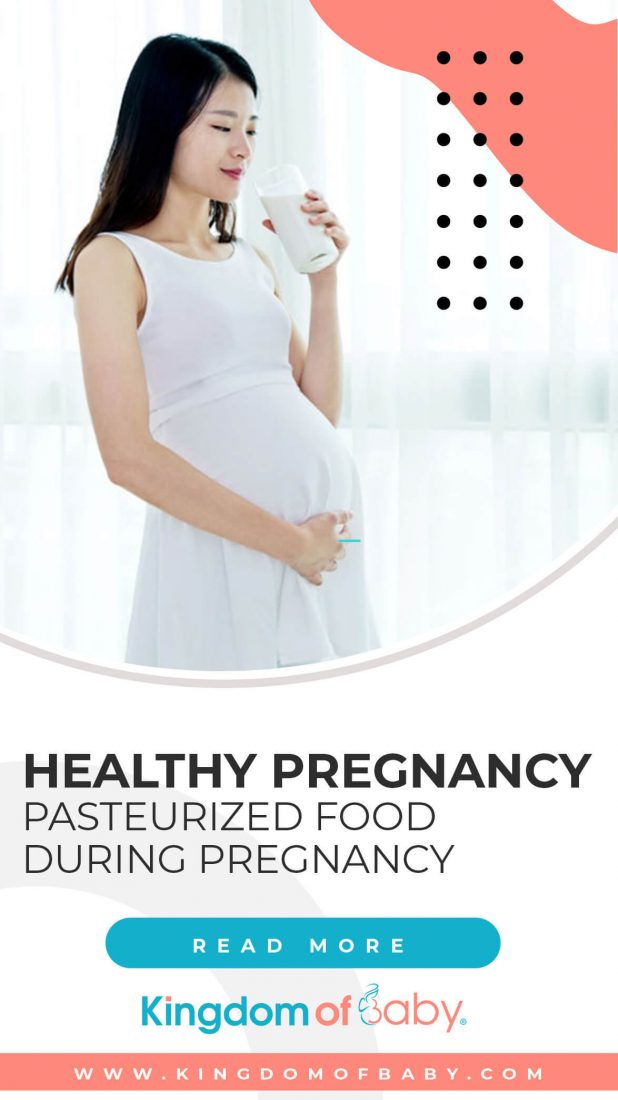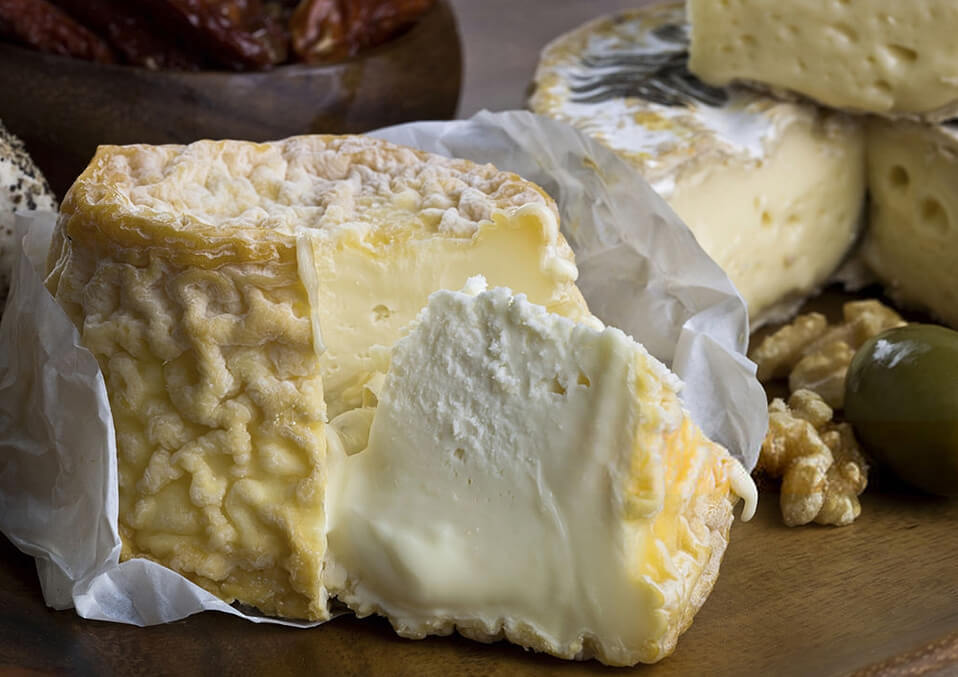
Pasteurized food during pregnancy is considered safe. The process makes food safe for consumption, especially among pregnant women. It involves the use of heat on food and beverages to eliminate any pathogens and prolong the shelf life.
Generally, the heat used is below the boiling point of water (100 degrees C or 212 degrees F). Although it eliminates or inactivates various microorganisms, it is not considered as a form of sterilization since the bacterial spores are not destroyed. Additionally, pasteurization prolongs the shelf life via the heat inactivation of enzymes responsible for spoilage of food.
Importance of pasteurization
Pasteurization is vital since the bacteria that is naturally present in certain foods can cause sickness. The consumption of unpasteurized foods can lead to vomiting, fever, and diarrhea. In some instances, it can result in conditions such as miscarriage, kidney failure, and even death.
Pregnant women, children, elderly and individuals with compromised immune systems are at the highest risk for ending up sick from unpasteurized foods. These groups must avoid unpasteurized foods since they are likely to get sick easily. Unpasteurized products are foods to avoid during early pregnancy.
Facts on unpasteurized and pasteurized food during pregnancy

Let us now take a close look at important facts on unpasteurized and pasteurized food during pregnancy.
Milk
In some countries, milk must be pasteurized, including those that are used for cheese and yogurt. If a pregnant woman or other high-risk individuals consume unpasteurized milk, it is not safe. Remember that the potential advantages of consuming unpasteurized milk as not greater than the possible risks of illness. Always remember that unpasteurized milk might contain listeria. With this in mind, it is vital to stick with pasteurized food during pregnancy.
Take note that unpasteurized milk might be available at a farm or farmer’s market. Always inspect whether the milk has been pasteurized. If you cannot determine, simply avoid it.
Cheese
There are unpasteurized cheeses available in the market. These are created from unpasteurized milk and allowed to age.
Children, pregnant women, elderly and individuals with a weakened immune system must avoid these unpasteurized cheeses. If you are wondering what not to eat when pregnant, it is vital to avoid soft and semi-soft varieties such as Brie, Camembert, Feta, Roquefort, Gorgonzola as well as blue-veined cheeses. In case you are having doubts if cheese is pasteurized, inspect the tag or ask the grocery store or restaurant.
Honey

Honey undergoes pasteurization to make it last longer. Nevertheless, the process will not make it safe to eat. However, children below 1-year-old must not be given honey whether it is pasteurized or not due to the risk for infant botulism.
Healthy adults do not face the risk of botulism from honey, even during pregnancy. Honey sold in stores is pasteurized using the same method as milk which aims to eliminate yeast cells to prevent it from fermenting as well as slowing down the crystallization process so that it will stay in liquid form longer.
Cider and fruit juices
Children, pregnant women, elderly and people with a weakened immune system must steer clear from unpasteurized cider and fruit juices.
Cider and fruit juices are not obliged to go through the pasteurization process. Sadly, these can end up contaminated during handling, processing, and transportation. The pasteurization of cider and fruit juices helps eliminate microorganisms that might be present if not properly handled.
It is recommended to buy pasteurized cider and fruit juices. In case you have the unpasteurized variants, make sure that it is refrigerated and check the “best before date” on the packaging before drinking it.
Eggs

Among the unpasteurized and pasteurized food for pregnancy to include in the diet, eggs are an important consideration.
If you are going to prepare a meal with raw or lightly cooked eggs, it is recommended to use pasteurized eggs. Remember that the pasteurization process eliminates harmful Salmonella bacteria.
Pregnant women, elderly, children and people with a weak immune system should steer clear from foods that contain raw or lightly cooked eggs that were not pasteurized.
Let’s wrap it up
Pasteurization helps in keeping food safe for consumption, especially among pregnant women. It is vital to be familiar with the facts on unpasteurized and pasteurized food during pregnancy.
It is vital to be familiar with the details before consuming any food or beverage that is unpasteurized. Remember that pregnant women, children, elderly and individuals with a weakened immune system face the highest risk for getting sick from unpasteurized foods.
Read also:
- [Can Pregnant Women Eat Honey?]
- [Eating Mayonnaise During Pregnancy – Benefits, and Risks]
- [What Cheeses Should Be Eaten During Pregnancy And Which To Avoid]


